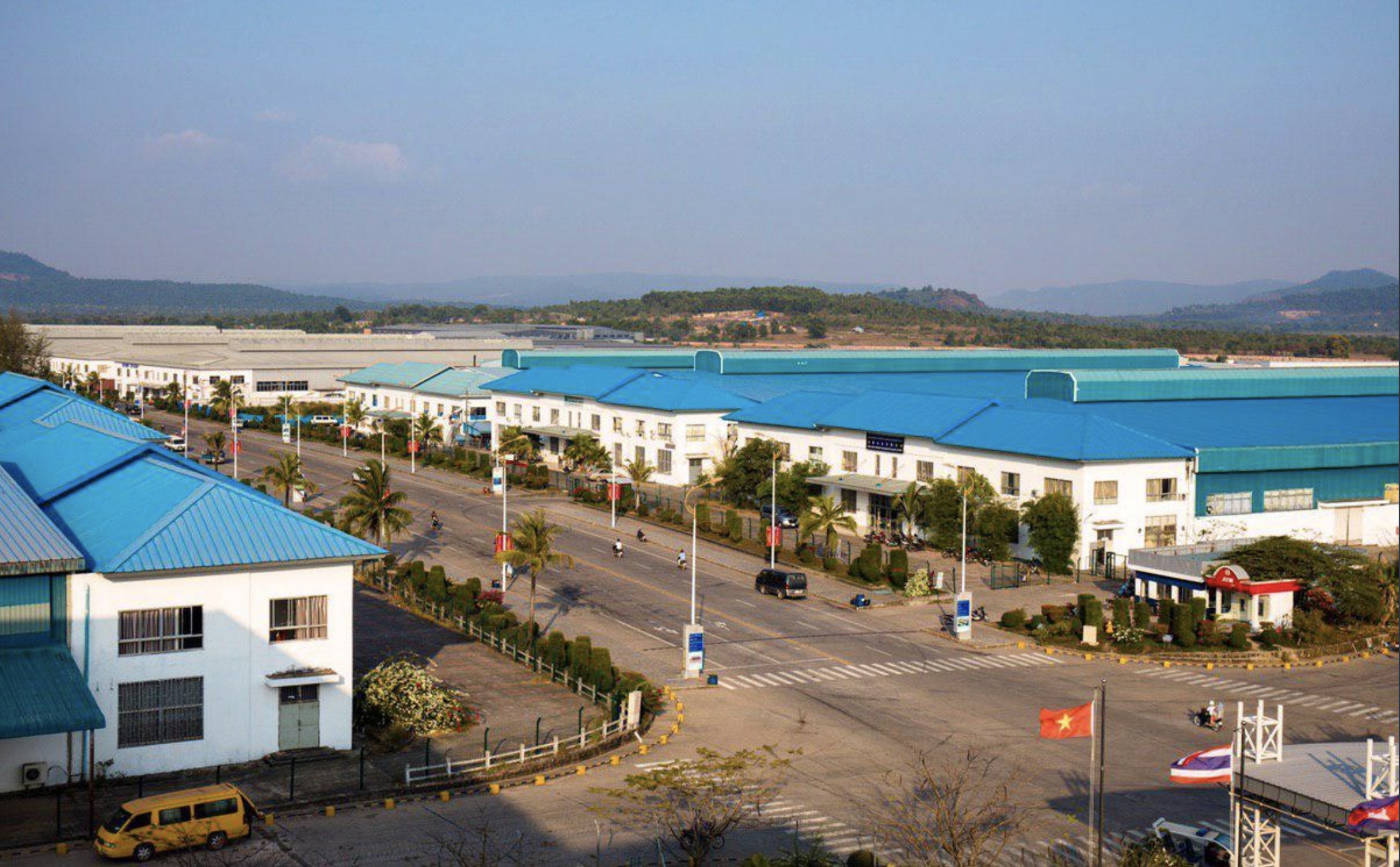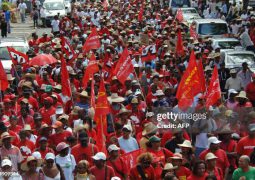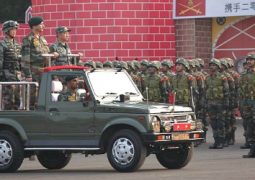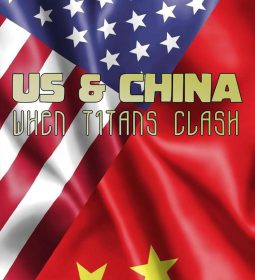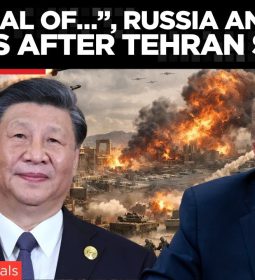Are Chinese companies using Cambodia to evade US tariffs?
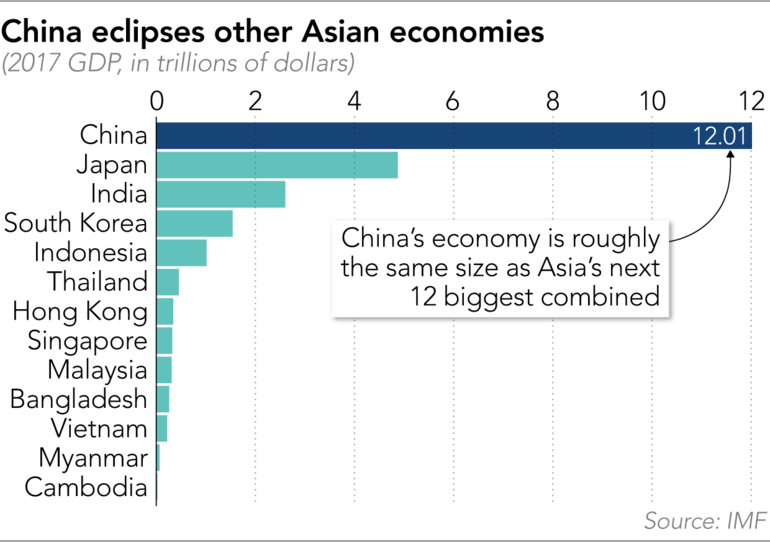
- China’s exports to Southeast Asian country have been rising steadily since start of trade war
- Meanwhile, Cambodia’s exports to US in first three months of 2019 rose 22 per cent to US$820 million.
.
“Although Cambodia’s certificate of origin requires only 40 per cent of a product to be originated from the country, it’s still a relatively high bar,” said Kong, whose company mostly makes car parts for export to Europe.
The SSEZ is located 210km (130 miles) west of Phnom Penh and was built as a joint venture between China and Cambodia under the Belt and Road Initiative, Beijing’s ambitious trade and infrastructure development plan. Most of the 165 companies in the zone are Chinese-owned.
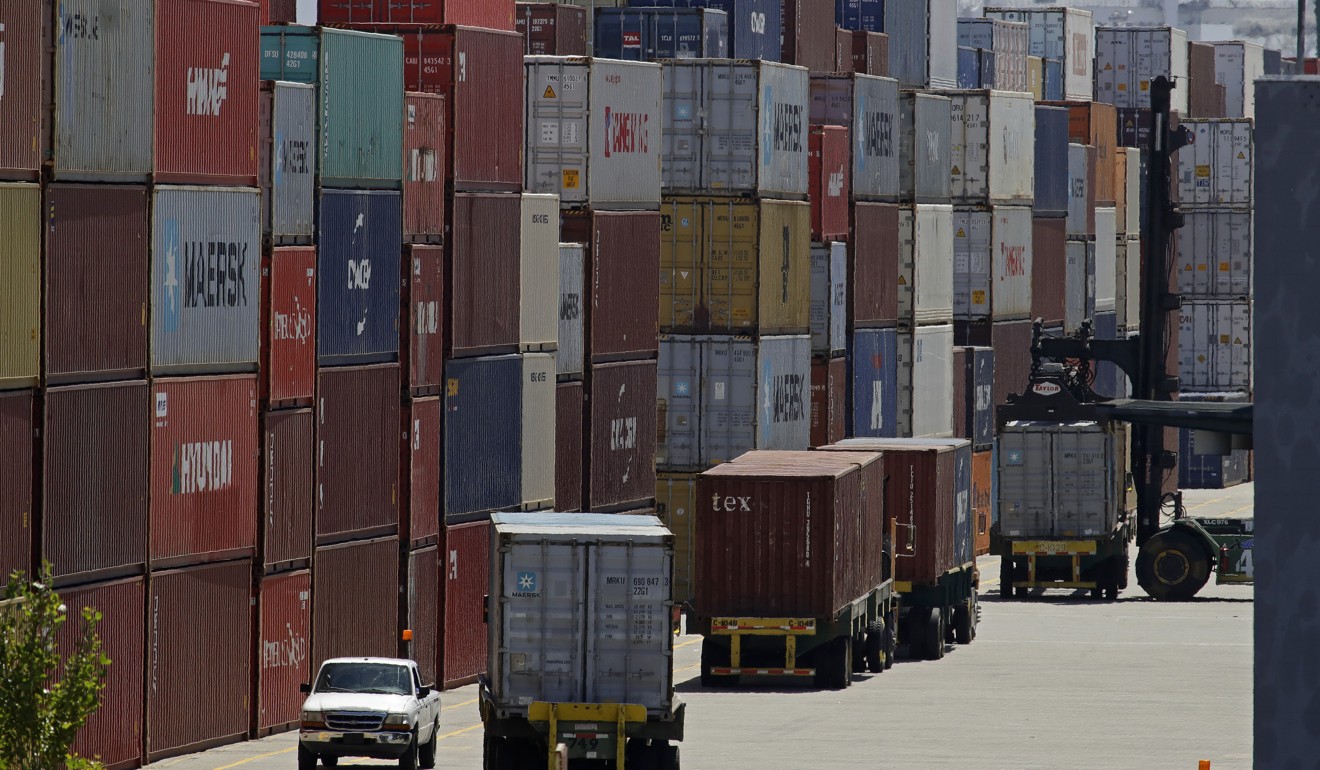
In June, the US inspected and fined a number of companies based in the SSEZ for evading tariffs by re-routing goods through Cambodia. The move came after Vietnam’s customs department found scores of exporters illegally relabelling Chinese goods as “Made in Vietnam” to avoid US tariffs.
Although the US did not say how many Chinese companies were fined or how big the fines were, the operation coincided with record high Chinese exports to Cambodia, one of Beijing’s biggest supporters within the Association of Southeast Asian Nations.
“Chinese businesses are worried that the US might impose more tariffs on Chinese products and companies in Cambodia when the trade war intensifies,” Kong said.
Zhao Shanshan, a manager at the SSEZ, said “many products assembled at the industrial zone are for export to Europe and the US”.
Since the US imposed punitive tariffs on China last year, China’s exports to Cambodia have steadily increased. In the first half of 2019 shipments rose 30.7 per cent year on year to US$3.77 billion, according to China’s General Administration of Customs.
Similarly, Cambodia’s exports to the US in the first quarter of this year rose 22.4 per cent year on year to US$820.66 million.
“It’s unrealistic for all Chinese companies to move to Cambodia because it does not have a good production support or well-established industries,” he said.
“Moving companies there just to evade US tariffs might only bring more trouble to them.”
- Previous The Sources of Chinese Conduct Are Washington and Beijing Fighting a New Cold War?
- Next Turkey, Russia interested in fighter jet deal, Kremlin says as talks continue



